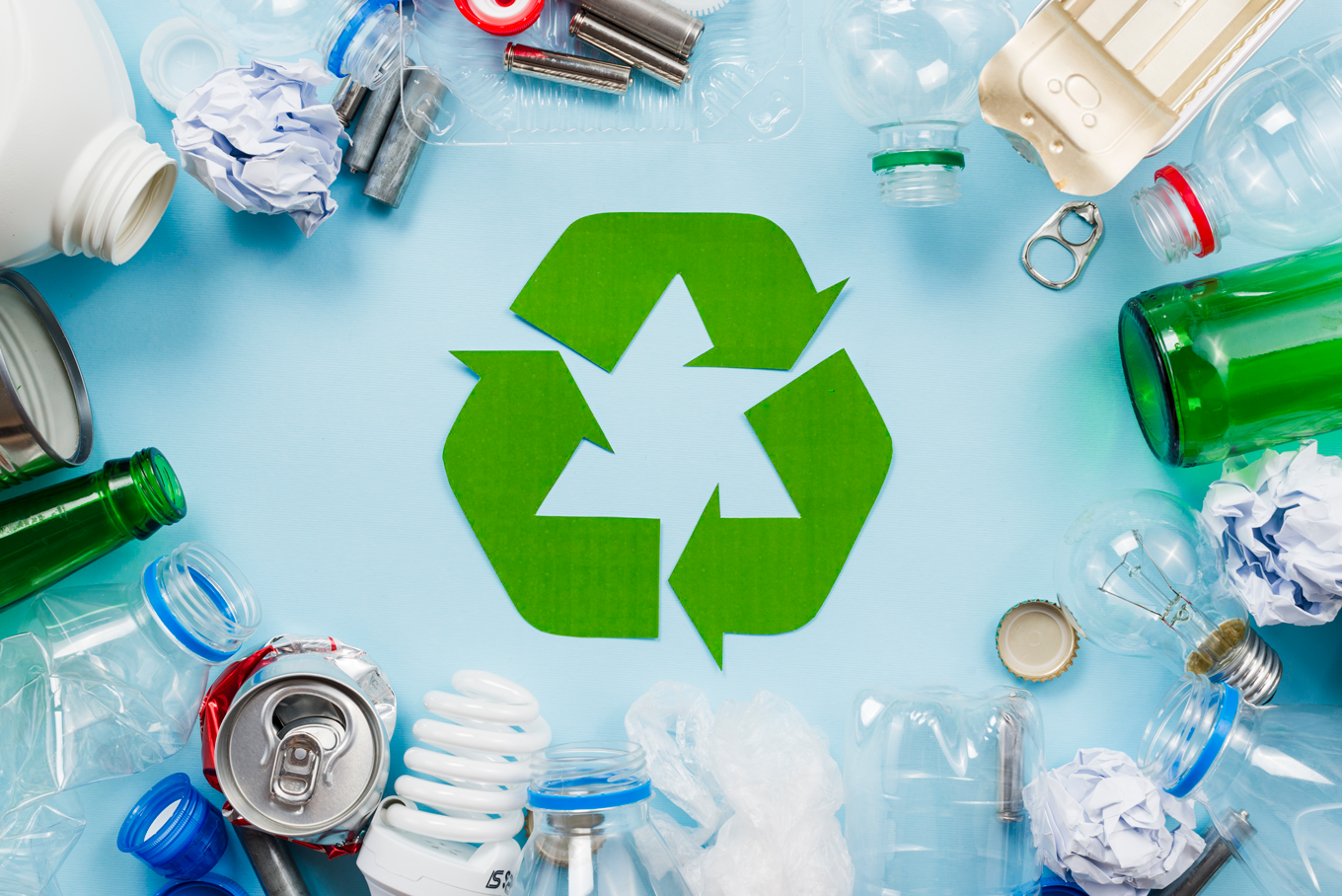In recent years, governments around the world have extended solid waste management efforts to support—and in some cases require—recycling and resource recovery efforts to divert more solid wastes from landfills, and to substitute reused materials or raw materials. Increasingly, specialized stewardship programs target particular types of hazardous wastes – used oils, spent batteries, etc. – the national advocacy group Product Stewardship Institute identifies more than 120 such programs spread among 34 US states (I introduced these efforts HERE). Maine already has a number of these programs.
Read MoreAudit, Compliance and Risk Blog
Maine enacts first US extended producer responsibility law for packaging
Posted by Jon Elliott on Wed, Sep 01, 2021
Tags: Environment, environmental law, Maine, Recyclable, Packaging
Proliferating product stewardship programs facilitate recycling
Posted by Jon Elliott on Wed, Aug 18, 2021
Solid waste management has come a long way since enactment of the Solid Waste Disposal Act (SWDA) of 1965 to address the national “landfill crisis.” The Environmental Protection Agency (EPA) applies SWDA authority to adopt landfill standards, which are administered by state and local governments. EPA also empowers these state and local governments to do more, not just through additional disposal standards, but through expanded requirements for recycling and resource recovery efforts designed to keep more solid wastes out of landfills. In addition, extended management programs impose “product stewardship” and “extended producer responsibility” on manufacturers. This note discusses these introduces these ideas, and summarizes the extent of state programs that apply them.
Read More
Tags: EPA, SWDA, Environment, environmental law, Recyclable, Stewardship Program


